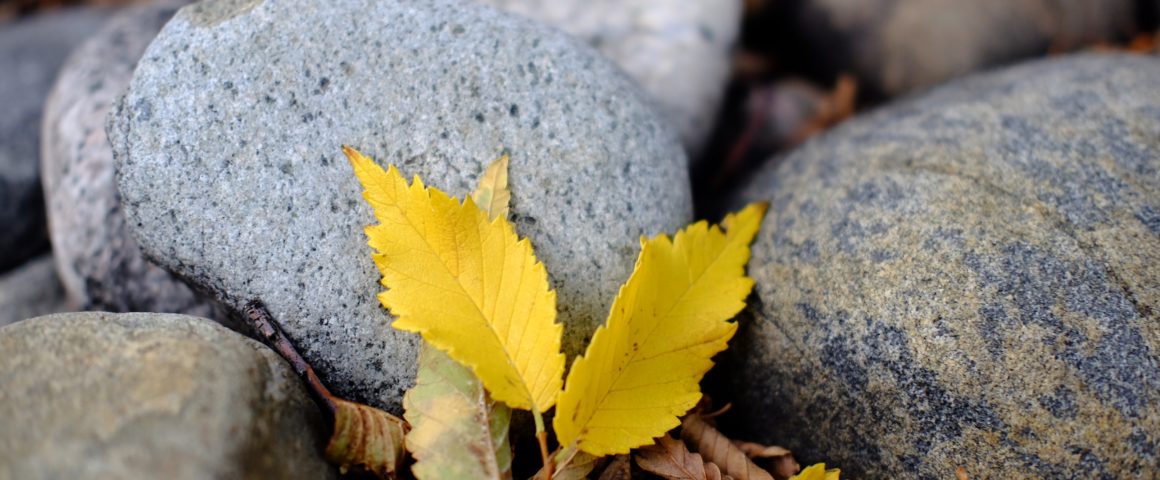The Autumn Equinox is upon us, when the Sun crosses the celestial equator from North to South, day and night are equal in length, and the darker half of the year begins. This day has been celebrated throughout history by a plethora of different societies, peoples, and religions. Cultural traditions across the world observe equinoxes, solstices, and cross-quarter days. These days were important for agricultural purposes and therefore were important to a society’s survival. Some, we are familiar with. Our modern Christmas holiday, for example, is derived from Yule, traditionally held on the Winter Solstice. However, celebrations of the Autumn Equinox have lost popularity. The most common celebration of the Equinox in the modern Western World is the harvest festival of Mabon.
Humanity has celebrated harvests for millennia. Oschophoria was a festival held in Ancient Greece to celebrate the harvesting of grapes for wine. China’s Mid-Autumn festival honoring family unity falls on the night of the Harvest Moon. Oktoberfest started in the 1700s, is a time of great feasting and merriment.
Mabon originated in the Welsh countryside, dedicated to a sun god of the same name. Today, it’s been adopted by neopagans all over the world. In fact, you’ve probably participated in Mabon without even realizing it! There’s evidence suggesting that the American holiday of Thanksgiving was inspired by Mabon, since the original Thanksgiving was held on October 3rd. A proclamation by Abraham Lincoln in 1863, then another by FDR in 1939, changed when we hold Thanksgiving. The British holiday of Michaelmas is also directly born from Mabon.
As mentioned, modern-day Mabon festivals are usually held by pagans, but the holiday is no longer tied to any specific religious beliefs. Rather, celebrations of Mabon focus on the themes of many harvest festivals:
gratitude, generosity, community, and, of course, lots of food.
There are many traditions and activities associated with Mabon that everyone can enjoy. It’s a day to spend time in nature—the autumnal season is a beautiful and spiritually uplifting time to be outside. Changes in the air signify nature’s approach to a wintery slumber. Mabon is also a time of preparation, when people would fortify their hearts, minds, and homes for the colder times of winter ahead. The most notable way to celebrate Mabon is with food. A feast brings people together to enjoy the changing of the season. As with most harvest festivals, these feasts could be quite extravagant. If you wish to celebrate, have a homecooked meal with your friends or family—from a responsible 6 feet, of course! The sharing of food is an act of love and a demonstration of community, something we all sorely need during social distancing. If you don’t feel comfortable sharing a meal with others right now, consider donating to or volunteering at a food drive. By incorporating these activities into your day, you can make this time of year a time to eagerly anticipate.
Regardless of whether you celebrate Mabon this year, reflect on the fruits of your labor. Take time to be grateful for your blessings, and consider how you might extend those blessings to others. Reach out to the people in our life, finding ways to safely socialize with them, and build your community. In whatever way possible, it’s important to stay connected with each other. Our bonds with one another help to bear difficulties life may throw at us, and they are needed now more than ever.
With this year’s nebulous and stressful challenges, we all could benefit from remembering Mabon. Whether or not we choose to celebrate the festival, its core purpose may resonate deeply with many of us. We feel unprepared and isolated, which is exactly why we need to reach out to each other for support. We can climb this mountain together. Stay safe, and have a happy Mabon.


'Mabon: How an Ancient Holiday can Impact us Today' has no comments
Be the first to comment this post!